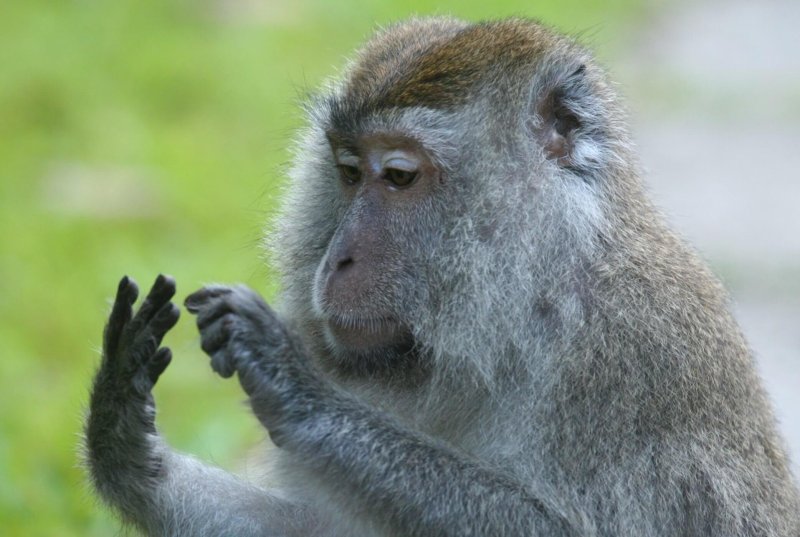Considering the multitude of situations in which we humans use numerical information, life without numbers is inconceivable. But what was the benefit of numerical competence for our ancestors, before they became Homo sapiens? Why would animals crunch numbers in the first place?
It turns out that processing numbers offers a significant benefit for survival, which is why this behavioral trait is present in many animal populations. Several studies examining animals in their ecological environments suggest that representing number enhances an animal’s ability to exploit food sources, hunt prey, avoid predation, navigate in its habitat, and persist in social interactions.
In mealworm beetles (Tenebrio molitor), many males mate with many females, and competition is intense. Therefore, a male beetle will always go for more females in order to maximize his mating opportunities. After mating, males even guard females for some time to prevent further mating acts from other males. The more rivals a male has encountered before mating, the longer he will guard the female after mating. It is obvious that such a behavior plays an important role in reproduction and therefore has a high adaptive value. Being able to estimate quantity has improved males’ sexual competitiveness. This may in turn be a driving force for more sophisticated cognitive quantity estimation throughout evolution.































